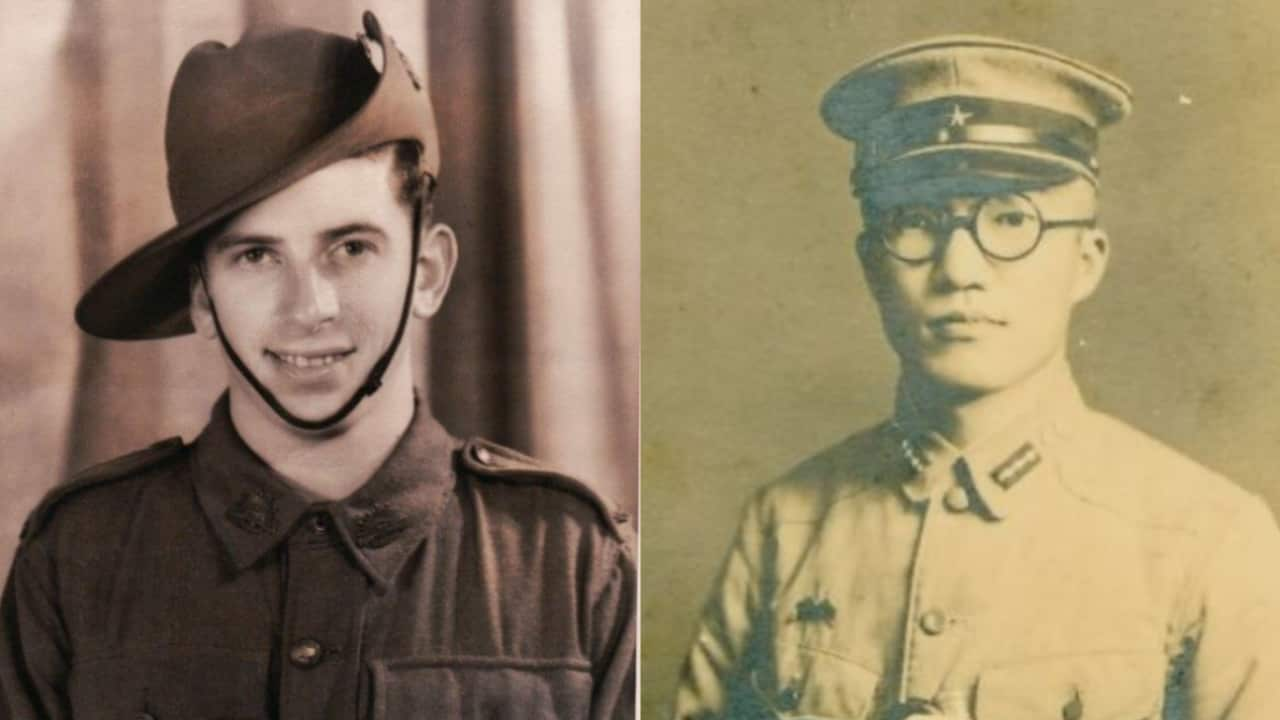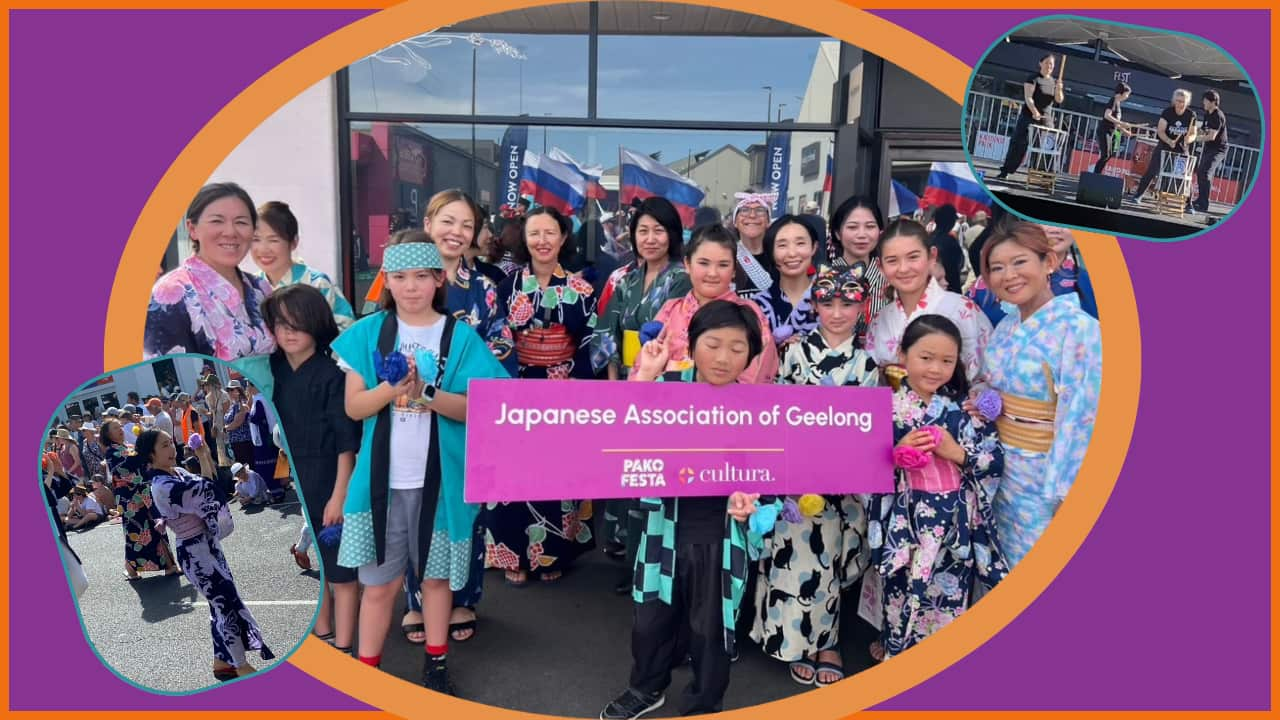"He was able to put the past behind him and lived a happy life," says Tracy Bell of her father and former Australian prisoner of war, Gordon Bell.
Gordon was assigned to Timor in January 1942 as a medical orderly to help the wounded soldiers of the Allies.
Only six weeks after leaving Australia, he was captured by Japanese soldiers and relocated to camps in Java. In early 1943, Gordon and eight other Australians were set to work building hospitals in Batavia, now Jakarta. That was where he met Dr Yasuteru Mitsufuji, a Japanese Imperial Army medical officer.
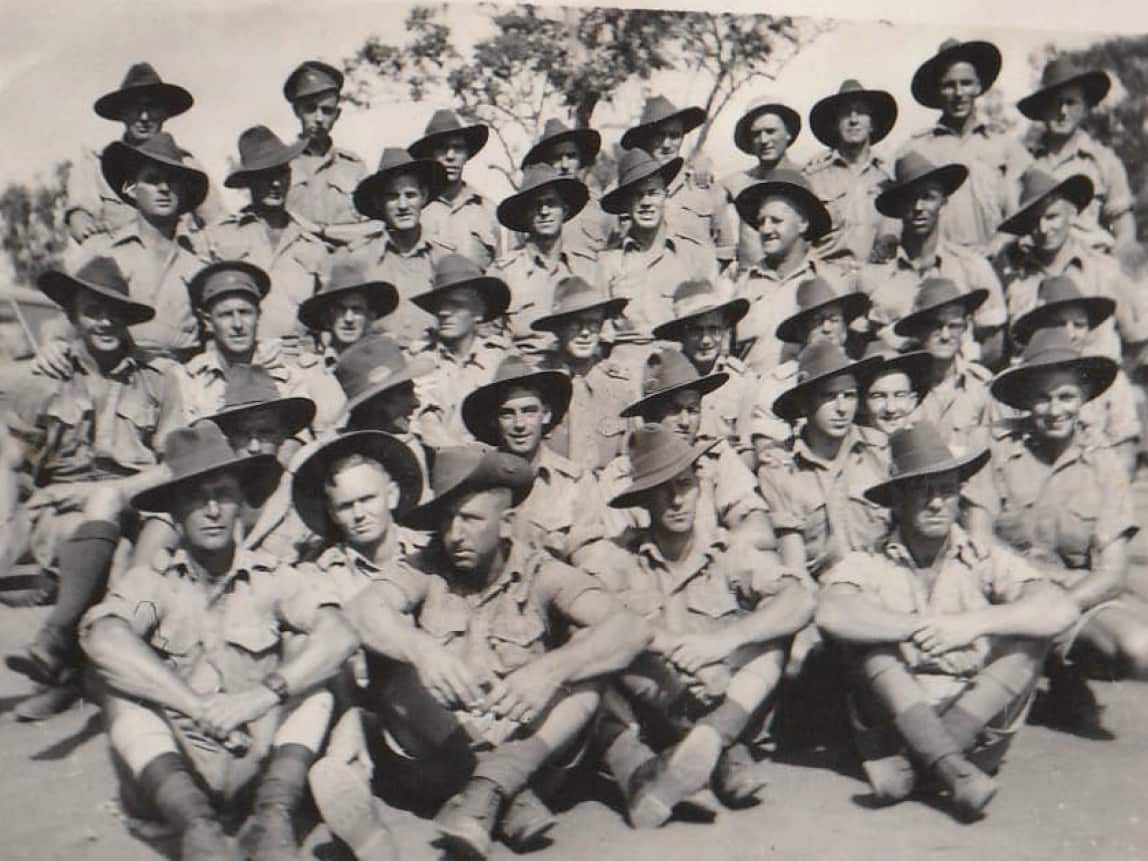
A special relationship
Gordon and Dr Mitsufuji got to know each other in an absence of Australian officers and the Japanese secret police called Kempeitai.
Despite the circumstances they were in, they came to have mutual respect for each other. Dr Mitsufuji continuously made an effort to provide medicines to the POWs, even though such action was against Japanese policy. He even gave them money to buy food.
“If the officers noticed Dr Mitsufuji were providing medicine and money to POWs, he would have been in serious trouble,” Tracy says.
She also shares an episode characteristic of Gordon and Dr Mitsufuji's friendly encounters, where the pair entered into an endless cycle of respectful bows.
“On one occasion, Gordon and Dr Mitsufuji fell into a bowing comedy when they met and repeatedly bowed to each other, as neither seemed to wish to be the first to rise.”
When the hospital opened in April 1943, the other POW medical staff like Gordon were recruited by Dr Mitsufuji. A medical staff named Captain Les Poidevin said Dr Mitsufuji was “the most sympathetic” of all the Japanese he met, according to Tracy.
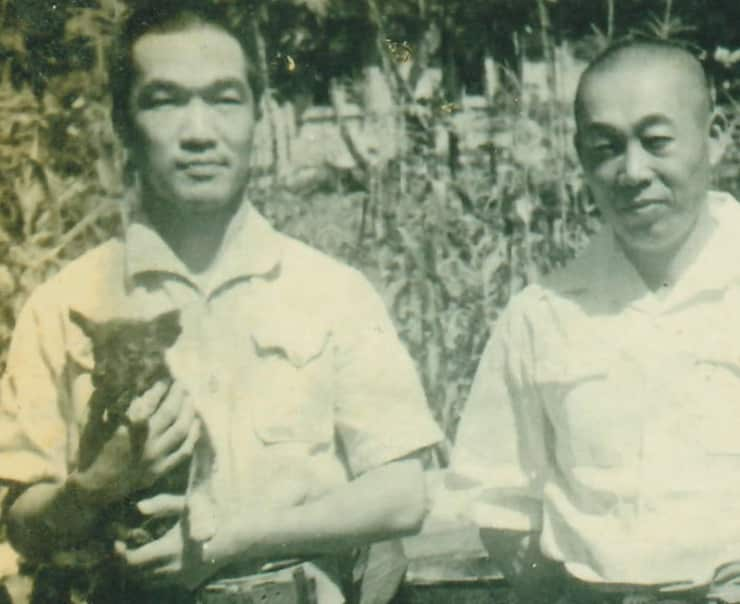
When Japanese were gathering Allied POWs for work on the Thai-Burma Railway project, Thai Men Rensetsu Tetsudo, Gordon was too weak to work due to dysentery. In the end, the doctor decided Gordon wasn't fit enough to take part in the railway project, and effectively saved his life in preventing his recruitment.
"If I went, I was dead," Tracy says Gordon recalled later in his life.
Life post-war
After the war, many Japanese were detained in Java including Dr Mitsufuji.
Dr Mitsufuji feared the worst: death by hanging. While most prisoners were executed for war crimes, Dr Mitsufuji was given two papers that saved his life. One came from a Japanese Buddhist monk-soldier, obo-san, and the other from Dutch internees, who made a testimony that Dr Mitsufuji was kind and took good care of them at the hospital during the war. His life was saved as a result and Dr Mitsufuji was repatriated to Japan.
Gordon went back to Australia after the war, marrying his wife and had three daughters. Tracy says that Gordon could not sleep on an ordinary bed, and instead he slept on the floor after his experience. He also suffered from extreme claustrophobia from having imprisoned in the Dainichi Maru ship on his way to Java from Australia.
After avoiding a death sentence, Dr Mitsufuji returned to Japan, where he too married his wife, Masako, and also raised three daughters. He continued to work as a medical practitioner until he died in 1994 at the age of 80.
Tracy says that Gordon had wished that he could meet Dr Mitsufuji again to thank him for saving his life in his later years.
She began to search for Dr Mitsufuji with her sisters and spent seven years teaching English in Japan’s Nagoya, Aichi prefecture during the 80s and 90s. During that time, Gordon and his wife visited Tracy in Japan and travelled across the country. Tracy shared that Gordon used to call her Japanese friend, Hitomi Morishima, his “Japanese daughter.”
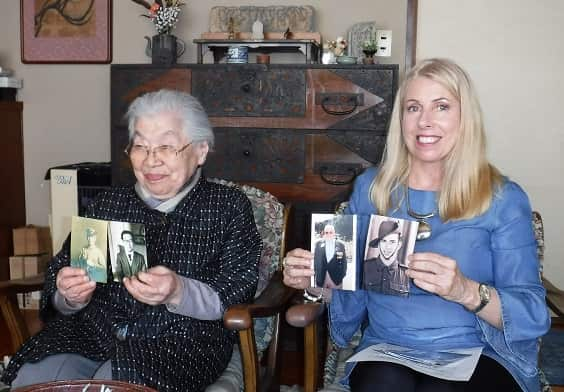
Though Gordon passed away in 2001, Tracy and her sisters kept searching for Dr Mitsufuji.
Through the Japanese Embassy in Canberra and POW Research Network in Japan, they finally found Dr Mitsufuji's wife Masako was living in Fukuyama, Hiroshima.
In April 2018, two families met for the first time, more than 70 years after the end of WWII.
“It was just wonderful to meet Dr Mitsufuji’s wife, Masako,” says Tracy.
“Dad had never said Japanese people are to blame. He hated the guards who were cruel to him and his friends. However he saw them as individuals, therefore, we were never taught to hate Japanese as a people.”
